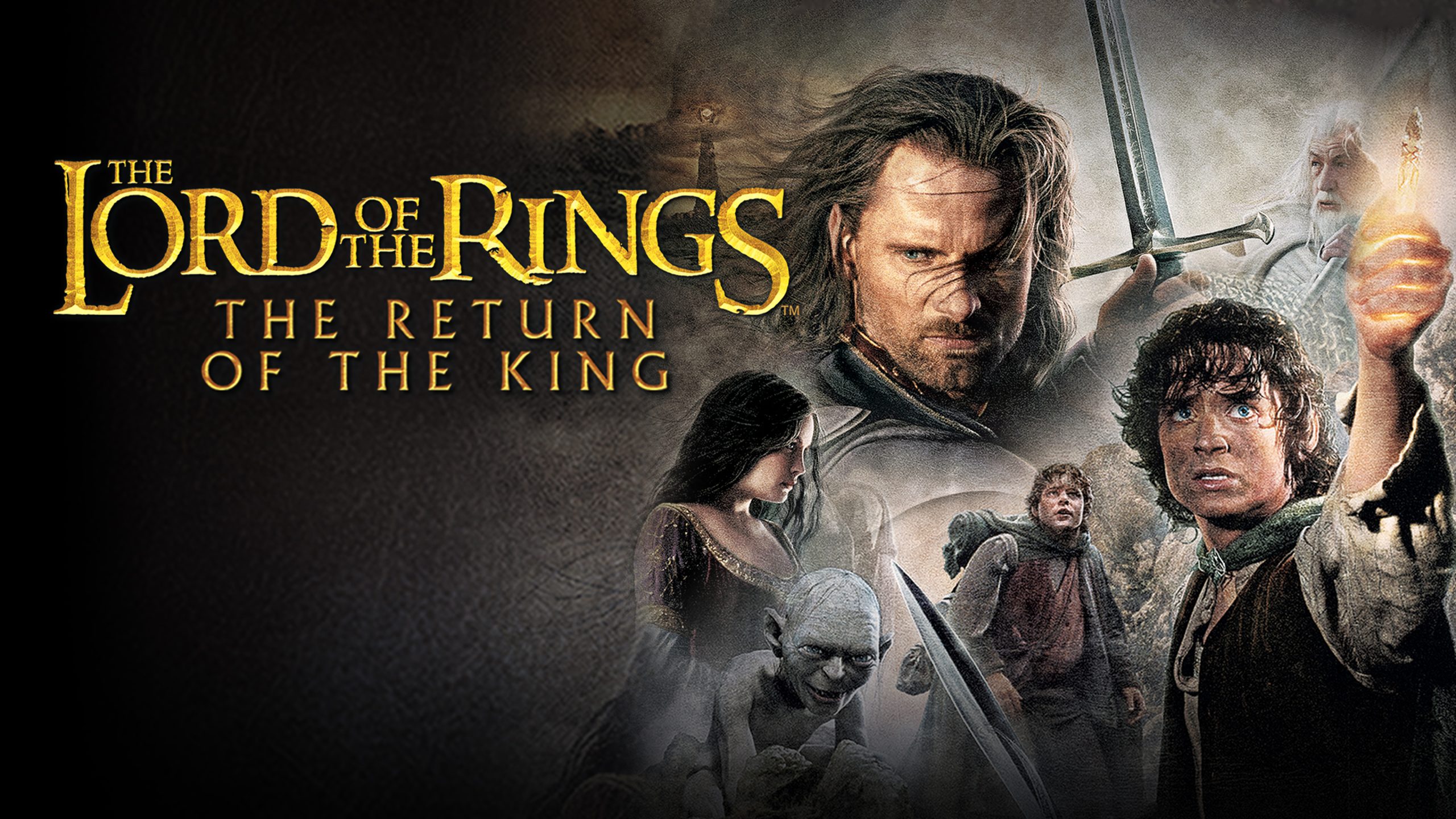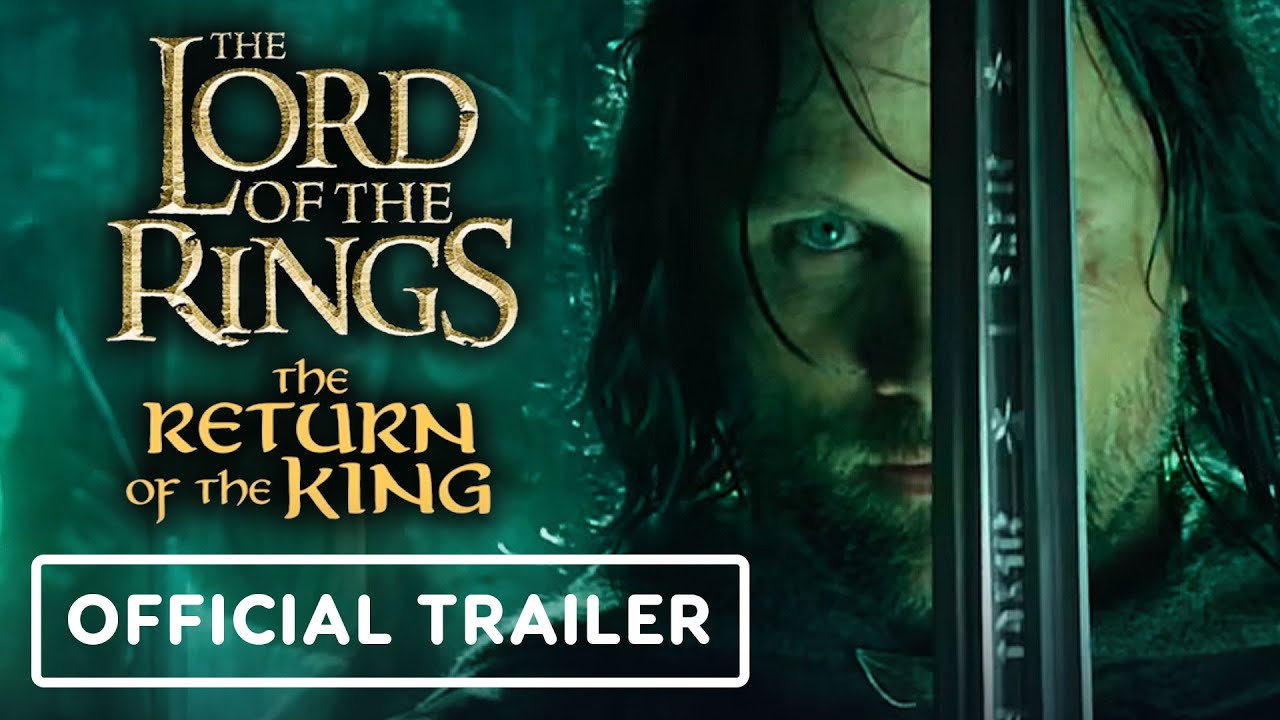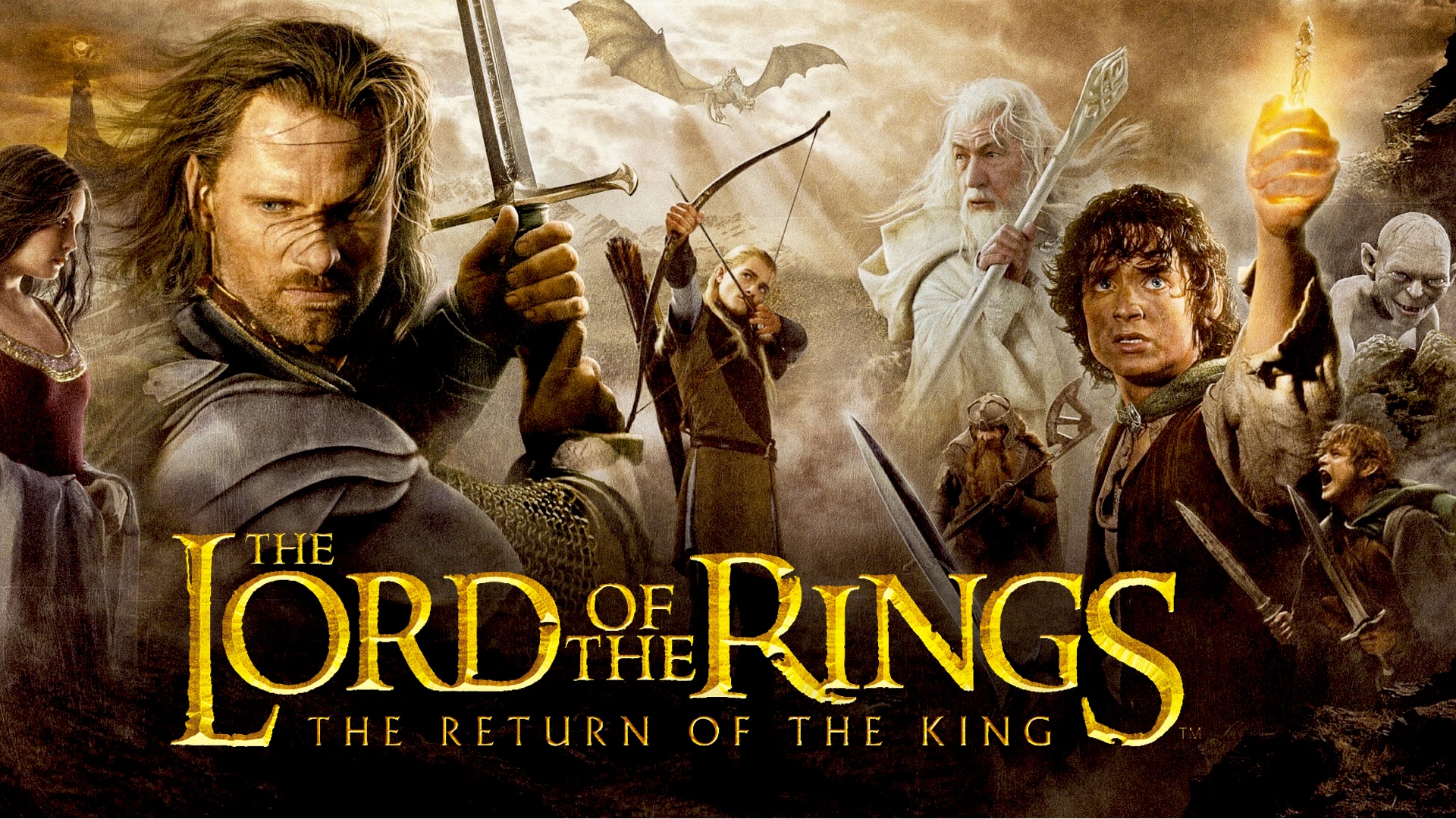The Lord of the Rings: The Return of the King (2025)

“The Age of Men Rises Once More — and So Does the Legend.”
There are films that entertain, and there are films that define what cinema can be. The Lord of the Rings: The Return of the King (2025) belongs to the latter — a monumental reimagining of Tolkien’s timeless saga, reawakened for a new generation. This isn’t just a remake. It’s a resurrection — a glorious return to Middle-earth that feels at once ancient and alive, mythic yet deeply human.
From the very first frame, it’s clear that this is not a film that relies on nostalgia. The world of Middle-earth breathes again through stunning visual realism, immense landscapes, and a hauntingly powerful score that reintroduces us to the emotional gravity of this epic. The Shire’s golden fields, the shadowed lands of Mordor, and the gleaming towers of Minas Tirith are reborn with modern cinematic magic, yet they retain the soul of Tolkien’s creation.
At its core, the film remains what it always was — a story about courage in the face of despair. Frodo and Sam’s agonizing journey to Mount Doom remains one of the purest expressions of endurance ever depicted on screen. In this version, their struggle feels even more intimate, with new dialogue and close, unflinching cinematography that captures the pain, fear, and fragile hope of their quest. Elijah Wood’s successor brings quiet devastation to Frodo’s burden, while Sam’s unwavering devotion — portrayed with astonishing tenderness — once again breaks hearts.
Meanwhile, the grandeur of war echoes through every battle sequence. The Siege of Gondor and the Battle at the Black Gate are spectacles of scale and emotion, made even more breathtaking by today’s technology. Yet, beyond the chaos and steel, what lingers is not the clashing of armies but the human — and hobbit — resolve that burns brighter than the fires of Mordor.
Aragorn’s rise to his destiny as King is treated with mythic reverence. His reluctant nobility, his silent pain, and his ultimate acceptance of fate embody the true weight of leadership. The coronation scene, accompanied by a reimagined score that swells like a hymn, becomes less about victory and more about redemption — for him, for Middle-earth, and for the audience that has walked beside him for decades.
The women of Middle-earth shine more fiercely in this retelling. Éowyn’s battle cry against the Witch-king — “I am no man!” — now carries the resonance of a generation unwilling to bow to fear. Arwen’s sacrifice is depicted with delicate sorrow, her love for Aragorn framed as the most courageous act of all. These moments deepen the emotional foundation of the narrative, reminding us that heroism takes many forms.
Technically, The Return of the King (2025) is a cinematic triumph. Every scene is composed like a painting, from the flicker of torchlight on armor to the trembling dawn after the final battle. The use of practical effects blended seamlessly with digital artistry grounds the fantasy in tangible reality. And Howard Shore’s re-orchestrated score — richer, darker, more haunting — wraps the entire film in a cloak of melancholy beauty.
What sets this adaptation apart is its willingness to embrace silence and stillness. Between the wars and the tears, the film breathes. There are moments where the camera lingers — on the Shire’s breeze, on Gandalf’s weary smile, on the Ring glinting in the dust — and in those moments, the enormity of the story becomes personal again. It’s not just about saving the world; it’s about saving oneself.

Emotionally, the film delivers devastation and healing in equal measure. When the Ring finally meets its fate, and Frodo whispers, “It’s done,” the silence that follows feels heavier than any explosion. And as the ships depart from the Grey Havens, carrying away the last of the Fellowship, we are reminded that endings, no matter how sorrowful, are simply the beginning of legend.
Ultimately, The Lord of the Rings: The Return of the King (2025) is not merely a film — it’s an experience, a meditation on loyalty, sacrifice, and the quiet strength of hope. It reaches beyond fantasy and touches something eternal within us.
Because in the end, Tolkien’s message still stands unbroken across time: even the smallest person can change the course of the future. And this film, in all its cinematic glory, ensures that the light of Middle-earth will never fade. ✨
Related movies :
Related movies :
https://youtu.be/pMORcnLCo1E?si=y8vh-7XHJV_6vPd-
Related movies :
Related movies :
Related movies :
Related movies :
https://youtu.be/1rrZERwvxAo?si=hPpFJXaw80ZR-zsL
Related movies :











